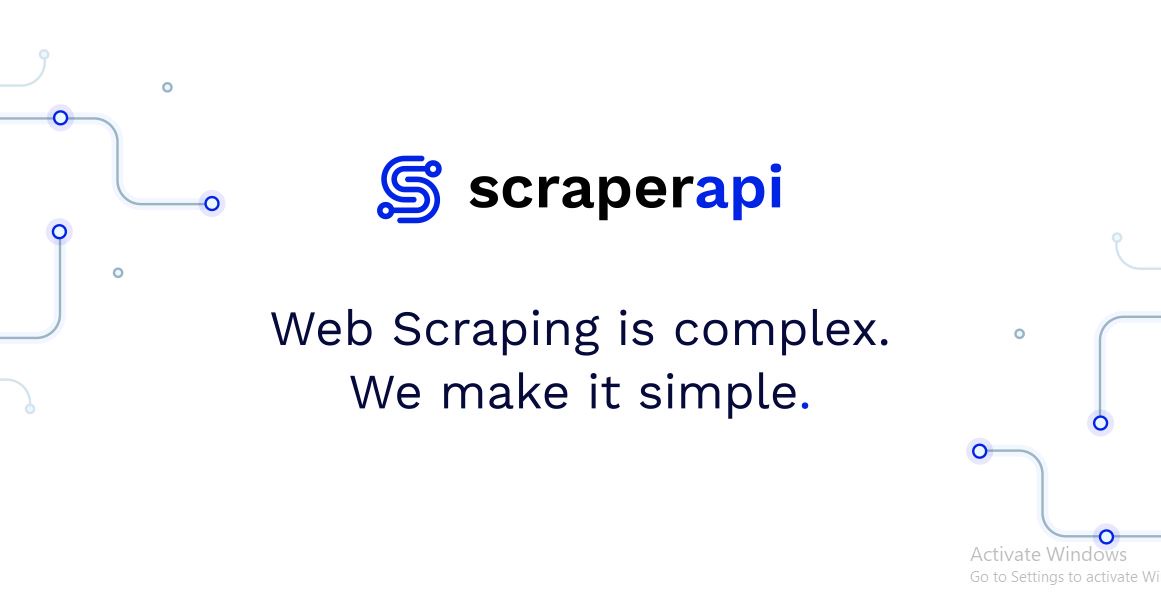In the ever-evolving landscape of web scraping, where data acquisition is a crucial aspect of any online business, Python emerges as the ultimate tool. With its robust capabilities and an extensive array of libraries, Python has carved a niche for itself in the world of web scraping. Explores why Python is the go-to choice for web scraping, emphasizing its efficiency, flexibility, and the role of Web Scraping proxy and Web Scraper APIs in enhancing this process.
Python: The Choice of Web Scrapers
The Power of Python Libraries
Python's popularity as a web scraping tool can be attributed to its rich ecosystem of libraries, each tailored to specific needs. Prominent among these is BeautifulSoup, a versatile library for parsing HTML and XML documents, which simplifies the extraction of data from web pages. Coupled with Requests, a Python library for making HTTP requests, it allows web scrapers to navigate websites and retrieve structured data efficiently.
Scalability and Flexibility
Python is known for its simplicity and readability, making it accessible to both beginners and experienced developers. The language's ease of use enables web scrapers to scale their operations effortlessly, adapting to the dynamic nature of the web. With Python, web scraping projects can be easily modified, expanded, and maintained, ensuring your data acquisition efforts remain agile.
Enhancing Web Scraping with Proxies
Overcoming IP Blocks
As web scraping continues to gain traction, many websites have implemented measures to block or restrict access to scraping bots. This is where Web Scraping proxies come into play. These proxies allow you to make requests to target websites from different IP addresses, effectively evading IP blocks and ensuring uninterrupted data collection.
Ensuring Anonymity
Web Scraping proxies provide an additional layer of anonymity, a critical factor in web scraping endeavors. By routing your requests through multiple proxies, you mask your original IP address, making it challenging for websites to identify and block your scraping activities. This helps you maintain a low profile and extract data without interruptions.
Streamlining Web Scraping with Web Scraper APIs
Simplifying Data Retrieval
Web Scraper APIs are a valuable asset in the world of web scraping. These APIs offer structured access to the data you need, eliminating the need for complex scraping scripts. By interacting with these APIs, you can retrieve the desired information in a standardized format, saving time and effort.
Customization and Automation
Web Scraper APIs also allow for customization and automation of web scraping tasks. By leveraging the functionality provided by these APIs, you can define what data you want and how you want it delivered, streamlining the entire web scraping process. This level of control is invaluable in efficiently collecting data from various websites.
The Future of Web Scraping: Python, Proxies, and APIs
In the fast-paced digital landscape, web scraping has become a vital tool for businesses and individuals seeking to gain a competitive edge. Python, with its extensive library support and user-friendly features, is the primary choice for web scrapers. When combined with Web Scraping proxies and Web Scraper APIs, it becomes an unbeatable trio, ensuring uninterrupted, efficient, and anonymous data collection.
With Python's versatility and adaptability, Web Scraping proxies to overcome IP restrictions, and Web Scraper API for structured data access, web scraping has never been more powerful. Embrace the potential of this trio, and you'll find yourself at the forefront of the data-driven revolution.


No comments yet